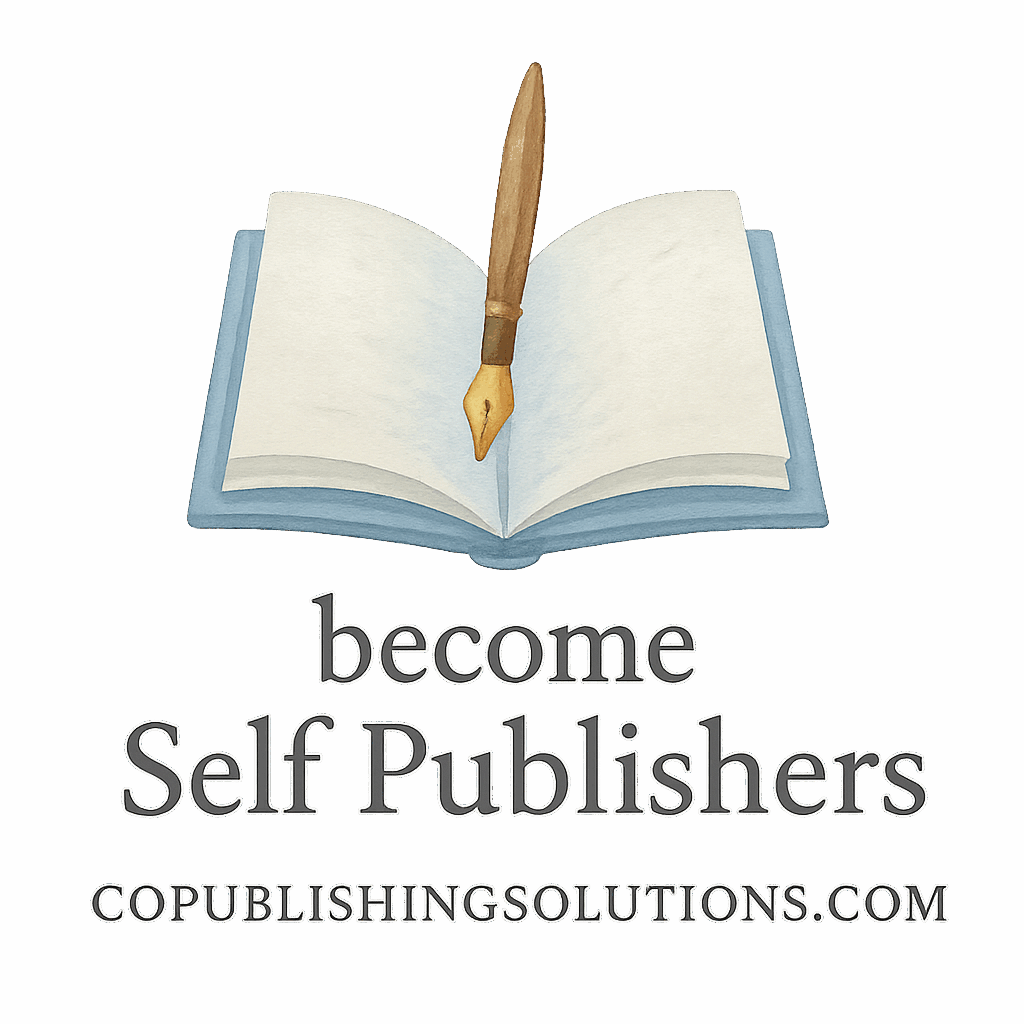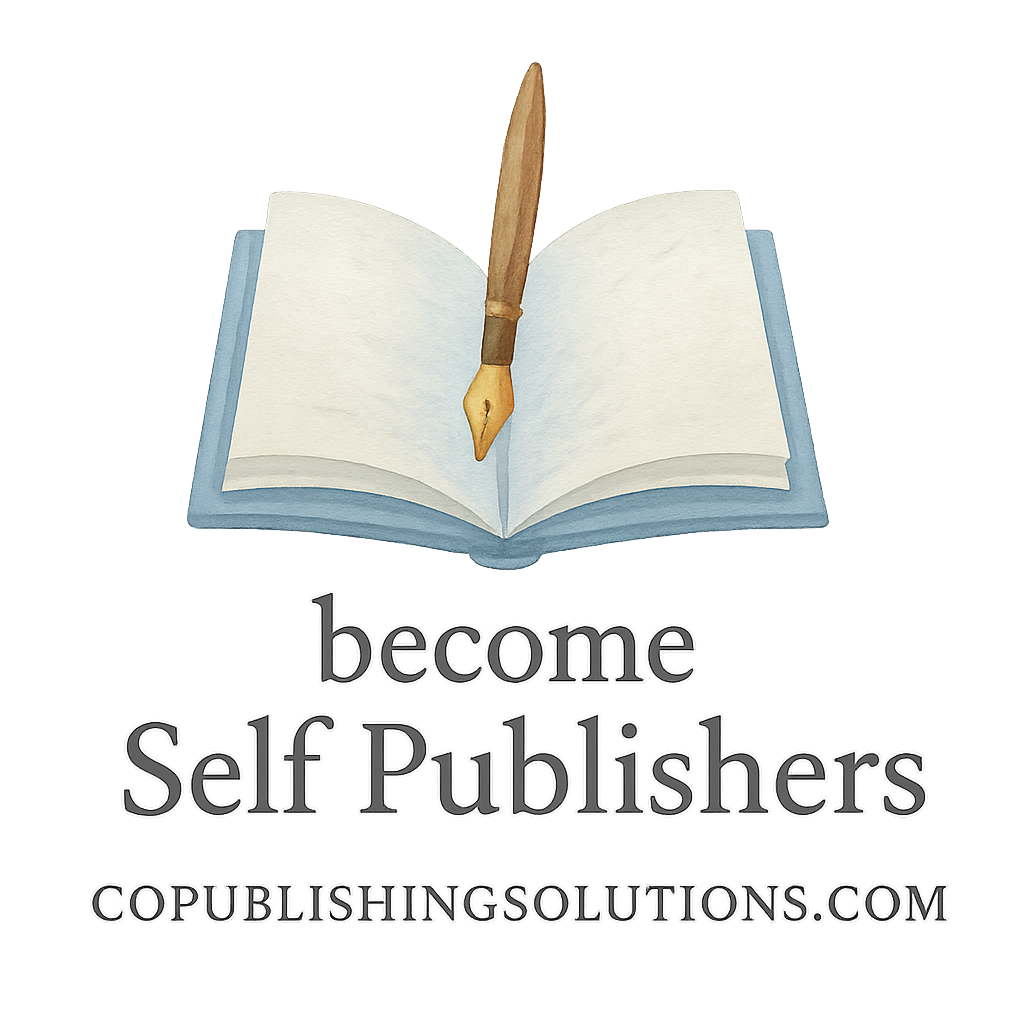Publishing your first book is a thrilling milestone. But amidst the excitement of cover design and chapter edits, many first-time authors overlook one critical area — legal essentials. Trust me, you don’t want your publishing dreams to hit a legal snag after all that hard work!
In this article, I’ll walk you through 9 must-know legal essentials that will help you publish confidently and avoid headaches down the road. Whether you’re going the traditional route or exploring self-publishing basics, this guide has you covered.
Understanding the Legal Landscape of Publishing
Why Legal Essentials Matter for First-Time Authors
Picture this: you launch your first book, only to get slapped with a cease-and-desist letter for copyright infringement, or worse — a lawsuit for defamation. Yikes, right? That’s why it’s so important to understand your rights and responsibilities as an author. The good news? Once you know what to look out for, it’s much easier to stay on the right side of the law.
1. Copyright Basics Every Author Must Know
What Is Copyright?
Copyright is like your book’s birth certificate — it gives you exclusive rights over your original work. The moment you write your story, it’s protected under copyright law.
How to Secure Copyright Protection
In most countries, no formal registration is needed — your work is automatically protected when you create it. However, registering with an official copyright office strengthens your legal position in case of disputes.
For more tips on protecting your content, check out the Publishing Content Strategy resources.
2. Trademark Considerations in Your Book Title
Can You Trademark a Book Title?
Generally, single book titles aren’t eligible for trademark protection. However, series titles or brand-related elements can be trademarked — think Harry Potter™ or Chicken Soup for the Soul™.
Common Pitfalls and How to Avoid Them
Before settling on a title, do a trademark search. It’s a small step that can save you a big legal mess later. You can use online databases or work with a trademark attorney.
3. Defamation and Libel: Stay Safe While Writing
What Constitutes Defamation or Libel?
If your book portrays real people negatively in a false light — especially in nonfiction — you could face defamation or libel claims. Even in fiction, thinly veiled characters based on real individuals can cause trouble.
Tips to Avoid Legal Trouble
- Change identifying details
- Get signed releases for personal stories
- Avoid “revenge writing”
If you’re writing memoirs or journalism, having a solid advanced publishing growth strategy — with legal review — is smart.

4. Fair Use: What You Can and Cannot Quote
The Concept of Fair Use Explained
Fair use allows you to quote portions of copyrighted material — but only under certain conditions (such as commentary, criticism, or education).
Real-World Examples of Fair Use and Infringement
Using a line from a poem in your novel? Probably risky. Quoting a few sentences for a book review? Usually safe. When in doubt, seek permission or consult an expert.
Explore additional tools via Publishing Tools & Platforms to manage permissions.
5. Understanding Contracts with Publishers and Agents
What to Look For in a Publishing Contract
Key things to review:
- Rights granted (territories, languages, formats)
- Advance and royalty terms
- Reversion of rights
Common Clauses You Should Negotiate
- Non-compete clauses
- Termination clauses
- Royalty escalation clauses
Working with marketing monetization professionals can also help you get better contract terms.
6. Self-Publishing Agreements You Should Know
Key Clauses in Self-Publishing Platform Agreements
If you use Amazon KDP, IngramSpark, or other platforms, always read the fine print. Look out for:
- Exclusive vs. non-exclusive terms
- Payment terms and timing
- Distribution rights
Protecting Your Rights as an Author
Maintain control of your ISBN and use publishing tools to track your rights and sales.
7. Privacy Rights: Respecting Others in Your Writing
Using Real People in Fiction and Nonfiction
Even public figures have privacy rights. If your book portrays people in an unflattering way, they may claim invasion of privacy.
Consent and Legal Protections
When in doubt:
- Get written consent
- Use disclaimers
- Work with a legal advisor
Beginner authors often overlook this critical step!
8. ISBN and Legal Deposits Requirements
Why You Need an ISBN
An ISBN (International Standard Book Number) is your book’s ID in the publishing world. You’ll need one for each format (ebook, paperback, hardcover).
Legal Deposit Rules You Should Follow
In many countries, you’re required to submit copies of your book to national libraries. Ignoring these rules could result in fines.
For a full breakdown, visit the self-publishing basics guide.
9. International Publishing Considerations
Understanding Global Copyright Laws
Copyright laws vary by country. A book legally published in the U.S. may face different requirements abroad.
Publishing Across Borders
If you aim for an international audience, understand licensing, taxes, and foreign rights. A strategic approach — with insights from advanced publishing growth — can make all the difference.
Conclusion
There you have it — 9 legal essentials to know before publishing your first book! I know, it sounds like a lot, but these steps help safeguard your creative work and ensure your publishing journey is smooth and successful. Whether you’re exploring self-publishing basics or working with a big-name publisher, these legal tips will serve you well.
Ready to take the next step? Check out more tips and resources at CoPublishing Solutions to grow your author career.
FAQs
1. Do I need to register my copyright before publishing?
No, but registering provides stronger legal protection.
2. Can I use song lyrics in my novel?
Generally no — lyrics are highly protected. Always get permission.
3. Should I trademark my book title?
Usually not for single titles, but it can be wise for series or branded content.
4. How do I avoid defamation in memoirs?
Use disclaimers, change names, and get legal review if needed.
5. What happens if I skip legal deposit?
In some countries, fines may apply. Check your local rules.
6. How can I learn more about publishing tools?
Explore publishing tools platforms and resources for managing your publishing business.
7. What is the best first step for beginners?
Start by exploring self-publishing basics and building a solid foundation.


